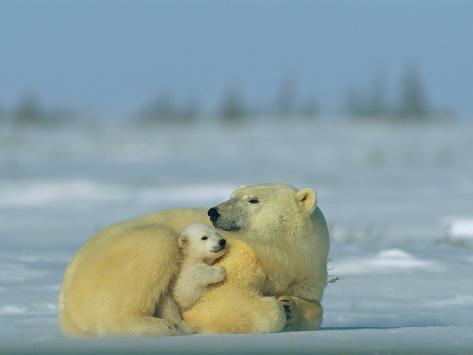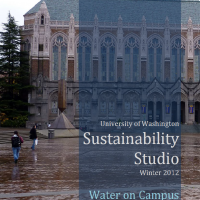ANTH 469 C: Arctic Perspectives on Global Problems
MW 1:30-3:20 in THO 211
Dr. Andrew Gerkey
**This course counts towards Human & Social Dimensions and/or International for Perspectives and Experiences**
Arctic peoples and places are at the forefront of some of the most pressing global problems today. In this course, we will use Arctic perspectives to explore issues that affect us all, including climate change, environmental conservation, economic development, energy extraction, and diminishing cultural, linguistic, and biological diversity.
Our readings will span the circumpolar Arctic and sub-Arctic, introducing us to the histories and contemporary lives of people in Alaska, Canada, Greenland, Iceland, Russia, and Scandinavia. Beginning with the intimate connections between Arctic peoples and their environments, we will explore the relationship between traditional ecological knowledge and scientific research. How do the practices, ideologies, and authorities that are inherent in different forms of knowledge influence debates over the sustainable and just use of natural resources? Our efforts to answer this question will lead us to consider the ways individuals, communities, institutions, and governments negotiate the balance between seemingly contrary visions of conservation and development, tradition and modernity, sovereignty and integration. We will critically examine these dichotomies and attempt to reconcile or move beyond them. Using the insights gained from Arctic perspectives, we will plot pathways toward potential solutions.






